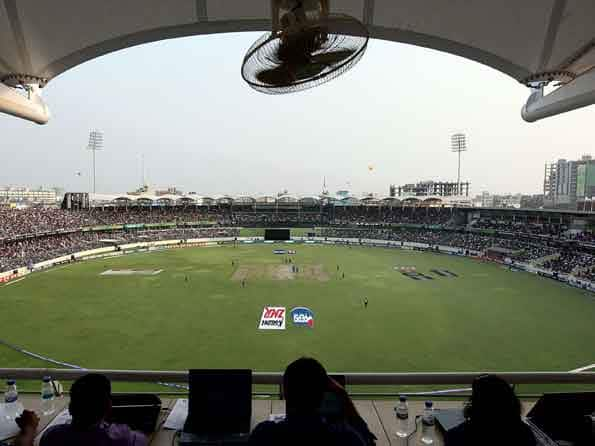
Cricket Country Staff
Editorial team of CricketCountry.
Taking strong note of reports of corruption in domestic cricket, the International Cricket Council (ICC) has asked Bangladesh and Sri Lanka to have an anti-corruption code in place at the earliest.
Written by Cricket Country Staff
Published: Jun 25, 2012, 07:30 PM (IST)
Edited: Jun 25, 2012, 07:30 PM (IST)


Another T20 league, the Sri Lanka Premier League, is planned for launch in August 2012 © Getty Images
Kuala Lumpur: Jun 25, 2012
Taking strong note of reports of corruption in domestic cricket, the International Cricket Council (ICC) has asked Bangladesh and Sri Lanka to have an anti-corruption code in place at the earliest.
During its two-day meeting here over the weekend, the ICC chief executives’ committee discussed the integrity issues in domestic cricket.
At the meeting, the CEC, after hearing that neither Bangladesh Cricket Board (BCB) nor Sri Lanka Cricket (SLC) have incorporated domestic anti-corruption codes, recommended that the ICC Board instruct the two boards to implement these codes forthwith.
The CEC also said that SLC should have the code in place certainly before the start of the Sri Lanka Premier League Twenty20, which is planned for August 2012.
The CEC also recommended to the ICC Board that the BCB be directed to deliver a comprehensive report on the allegations of corrupt activities during the recent Bangladesh Premier League.
The CEC considered the importance of a uniform set of anti-corruption regulations across all full members in order to avoid any potential jurisdictional loopholes and/or inconsistencies in the continued and ever-vigilant protection of cricket from corruption. (IANS)
This website uses cookies so that we can provide you with the best user experience possible. Cookie information is stored in your browser and performs functions such as recognising you when you return to our website and helping our team to understand which sections of the website you find most interesting and useful.
Strictly Necessary Cookie should be enabled at all times so that we can save your preferences for cookie settings.
If you disable this cookie, we will not be able to save your preferences. This means that every time you visit this website you will need to enable or disable cookies again.
